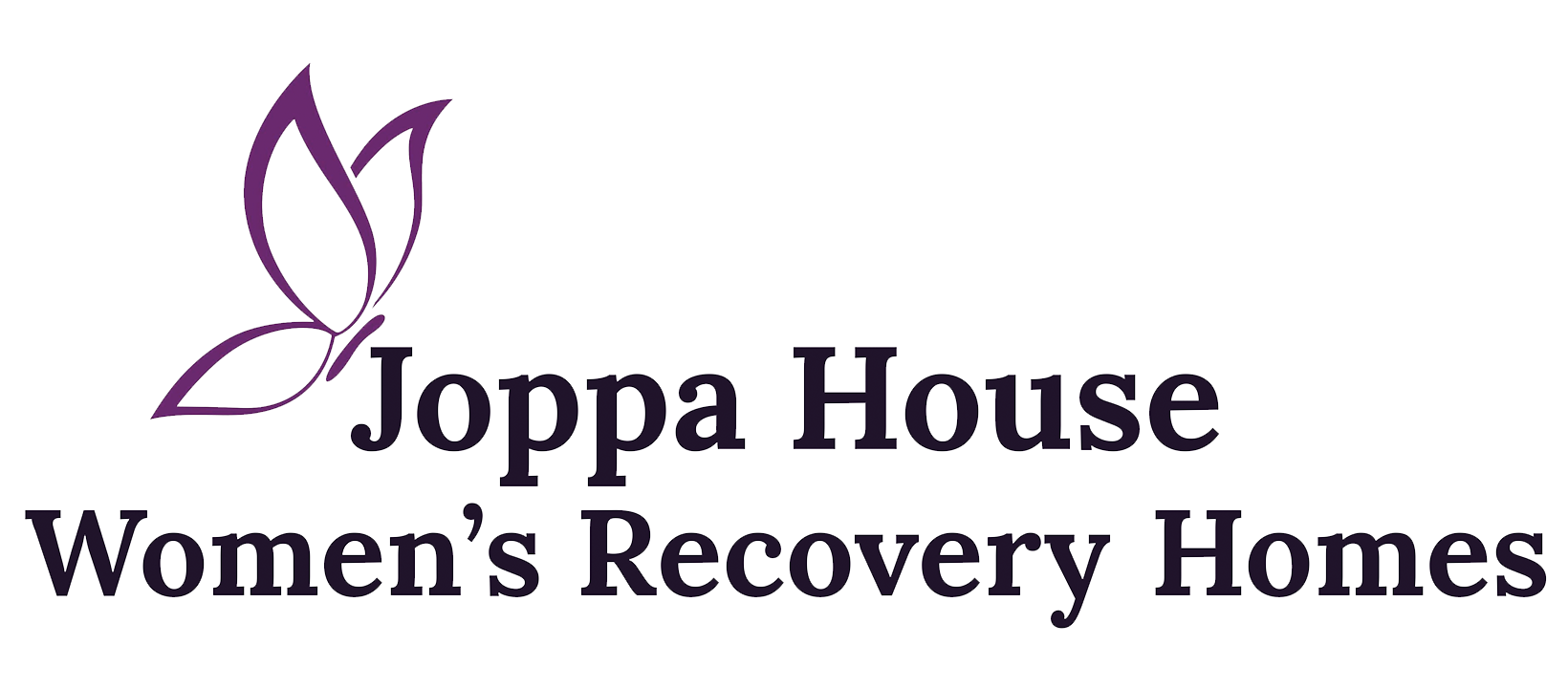Recovery
One in seven people has a substance use disorder. Drug addiction is a chronic brain disease that affects behavior. When it comes to recovery, housing situations can play a big role in how successful a person with substance use disorder is in achieving sobriety. Recovery housing gives those suffering from addiction the best chance of recovering from their disease.
What leads to drug abuse?
The exact cause of substance use disorder is unknown. There are many factors that factor into whether a person will become addicted to substances. However, a lack of emotional, mental, physical and spiritual support in a person’s family of origin is often the root cause of drug abuse.
What triggers relapse?
Relapse is when someone returns to drugs or alcohol after a period of sobriety. Home, work and social environments can trigger relapse. In some cases, former friends or family members may also be struggling with addiction or mental health issues. These relationships can cause stress or temptations that can lead to a potential relapse for a recovering addict.
Why choose recovery housing?
Transitional housing is very important for people working to recover from addiction. For many who enter rehabilitation programs, it is crucial to leave their original environment to get help.
Many people choose to transition into a sober living home in order to develop healthy habits and a daily routine without drug use. Residents are usually allowed to stay in the home as long as they need to, with a typical stay being about one year.
Recovering from addiction is a long-term process. Recovery homes provide a safe, sober and supportive environment when a person’s original home cannot. These homes can serve as a critical transitional step for those leaving a rehabilitation facility. Ultimately, these homes can help a person to find a stronger foothold in recovery before they enter independent living or return home.
Project Goals
Recovery housing vs. homelessness: What’s the difference?
Recovery housing is different from homeless shelters. While both provide shelter, homeless shelters provide emergency assistance to those who are homeless by providing a safe place for them to sleep as well as basic necessities. Recovery housing, on the other hand, offers a safe, substance-free environment to those suffering from substance use disorders so that they can develop the skills they need to transition back into the world. Transitional living requires active participation by the residents in community living, mentoring, training and rehabilitative counseling. ALL residents are expected to be substance free and abstain from any drug and/or alcohol use while in residence.
Recovery housing at Joppa House
The women who come into Joppa House should have the desire to learn how to better their situation. They must be willing to take the steps necessary to attain independent and healthy living for themselves and their families.
Each woman in residency will be asked to complete The Joppa House 6: Outlooks to Independence & Healing. This also includes our Stepping Stones Life Skills Modules. Upon completion of the curriculum, they will receive a certificate of completion. Residents will be offered access to obtain training management, GED, recovery and counseling.
Success will be measured by recovery, employment, independent housing, and application of the life skills each woman has acquired during her tenure. These skills are intended to sustain independent living as well as long-term sobriety.



Stepping Stones
Joppa House Life Skills Modules
The Joppa House Life Skills curriculum emphasizes the mastery of key basic skills in life. These skills include childcare, personal boundaries, cooking, housekeeping, employment skills, scheduling, submitting to authority, work ethics, budgeting and finances. Each tenant of Joppa House will be asked to complete the coaching course to acquire these skills.
Stepping Stones is a curriculum that was developed by a committee consisting of two social workers, a teacher, and our director, Ginger Stevens. The committee outlined the specific needs of the targeted demographic which were consistent with the transitional home visions. Ultimately, the committee determined which life applications needed to be developed to empower women and the knowledge and/or skills they need to become independent and productive citizens in our communities. The end goal of this program is to break the cycles of poverty, dependence on government subsidy, and drug use.
The Stepping Stones curriculum has six “modules,” each containing four units: one unit for each week of the month. Some units may take longer than others to complete, depending on the depth of the unit and the level of life skills each client has. Stepping Stones is offered as independent study in our programming requirements. Residents will receive a certificate of completion as they accomplish their fulfillment of course objectives. This certificate recognizes their achievement and readiness to move on.
Evaluation
Each resident will be monitored and mentored, building long-term relationships with the other women and their children (if applicable). While in residency, each person will be evaluated by a case manager on a weekly basis to review the implementation of the “Case Care Plan.” This plan, developed upon admittance into the transitional home, will be adjusted as needed throughout each woman’s stay in the house. After case management, each woman will attend a one-on-one wellness meeting with our in-house nutritionist and personal trainer. This meeting will help each woman to implement healthy choices to help their bodies heal from extended substance abuse from the inside out.
Each resident who has completed our program will be evaluated for success post-residency to the best of our ability. Long-term independent substance-free living is the goal of our program.


